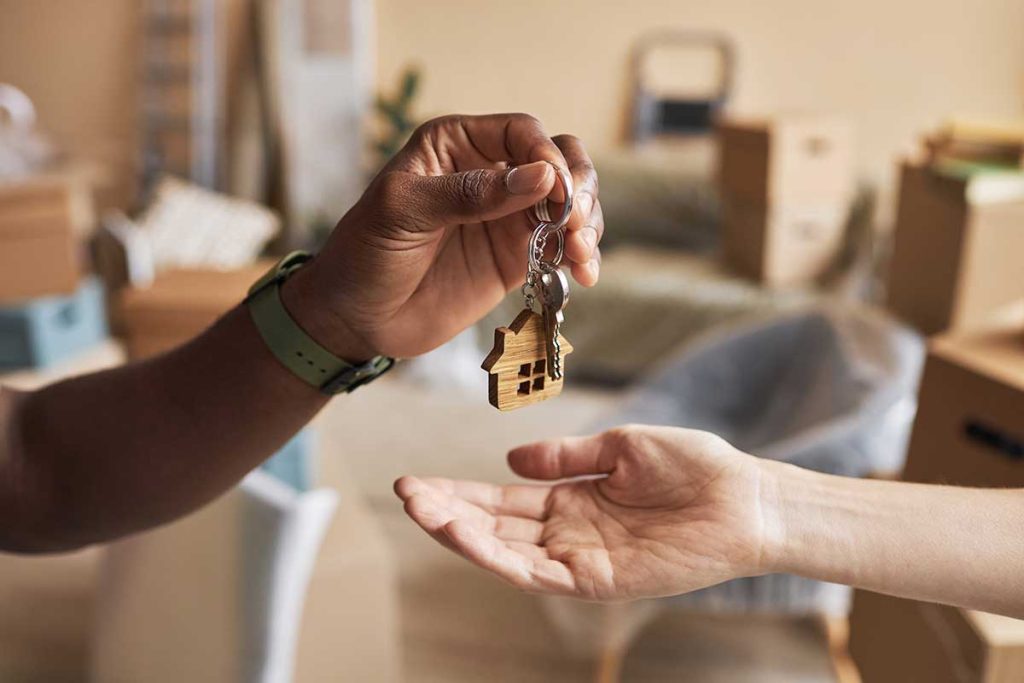Renting after a relationship breakup can be both a challenging and empowering experience. On one hand, it may feel daunting to navigate the logistics of finding a new place to live, especially if finances or emotional stress are factors.
The shift from a shared home to a solo living space often highlights the reality of the split, making it a poignant reminder of the change. However, this period can also be an opportunity for personal growth and self-discovery.
Renting a new place allows you to create a space that reflects your own tastes, needs, and independence, offering a fresh start and the chance to rebuild on your terms. It’s a time to reassess what you want in a living environment and can ultimately lead to a stronger sense of self and resilience.

Calculate how much you can reasonably afford to spend on rent. A general rule of thumb is to allocate no more than 30-35% of your income to rent, excluding utilities like electricity and gas, which may or may not be included.
Consider proximity to your workplace, access to public transportation, and local amenities like grocery stores and schools. It’s important to check out the neighbourhood at different times of day to ensure you feel safe and comfortable. Assess whether the area is suited to your lifestyle—whether it’s family-oriented, popular with young professionals, or close to a university, which might mean a livelier atmosphere.
Make a list of essential features such as heating, security, laundry facilities, and the number of bedrooms. Use this checklist to guide your search and ensure the property meets your basic needs.
Do a search for broadband speeds in the area. Check whether if it has fibre – important if you are working from home, streaming or gaming.
Check that it’s ok to have the kids staying over. Check if it’s a shared property if your housemates are ok with it. The same for pets.
Inspect potential rental properties thoroughly. Don’t rush into a decision; it’s better to take time finding the right place than to settle for substandard conditions. Pay attention to details like the condition of the boiler, the state of electrical wiring, and overall safety. Ask about included utilities, parking availability, and whether the property is furnished. If possible, speak to current tenants about their experiences with the landlord.
Before signing a tenancy agreement:
If you encounter issues with your landlord, document all communications and seek advice from The Citizen’s Advice Bureau, tenant support organisations or legal advisors promptly to prevent problems from escalating.